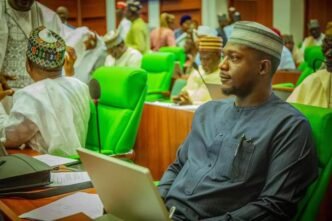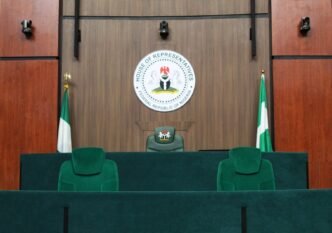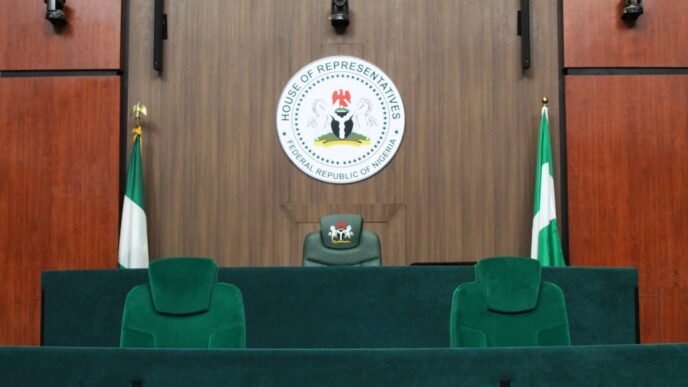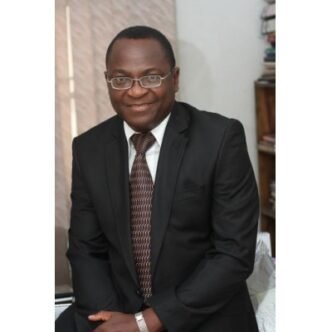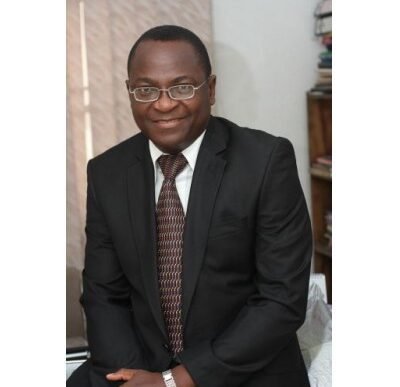HB: 2168 A BILL FOR AN ACT TO AMEND SECTION 239 OF THE CONSTITUTION OF THE FEDERAL REPUBLIC OF NIGERIA, 1999 (AS AMENDED), TO EXTEND THE ORIGINAL JURISDICTION OF THE COURT OF APPEAL TO INCLUDE ELECTION PETITIONS ARISING FROM GOVERNORSHIP AND DEPUTY GOVERNORSHIP ELECTIONS, TENURE OF GOVERNORS AND DEPUTY GOVERNORS OF STATES, AND FOR RELATED MATTERS Bill Sponsor: Hon. Muktar Tolani Shagaya Bill Progress: Committee Stage
This Bill seeks to alter Section 239 of the 1999 Constitution to extend Original Jurisdiction of the Court of Appeal making it a court of first instance for election petitions from Governorship and Deputy Governorship elections as well as deciding matters in relation to the tenure and vacancy of the office of Governor and Deputy Governor.
A significant shift in Nigeria’s electoral dispute resolution landscape may be on the horizon with the introduction of HB. 2168, a bill aimed at amending Section 239 of the 1999 Constitution. The proposed legislation seeks to extend the original jurisdiction of the Court of Appeal to include election petitions arising from governorship and deputy governorship elections, as well as issues related to the tenures of governors and deputy governors.
Under the current framework, governorship and deputy governorship election petitions are filed at the Governorship Election Tribunals in the respective states, which serve as the courts of first instance. Following the tribunal’s decision, parties have the option to appeal to the Court of Appeal. If necessary, cases can then be escalated to the Supreme Court, where decisions are final. This existing structure creates a multi-tiered process consisting of three levels of litigation, often leading to prolonged disputes in a system already burdened by delays.
The primary aim of HB. 2168 is to streamline this legal process by designating the Court of Appeal as the initial court for governorship election petitions. By doing so, the bill seeks to reduce the number of judicial tiers from three to two, potentially leading to faster resolutions of election disputes that currently take an extended period—often up to 11 or 12 months—to conclude.
If the bill is passed, the Court of Appeal would assume a more central role in the adjudication of these petitions. This change is expected to alleviate some of the pressures currently faced by the Governorship Election Tribunals, allowing for more efficient handling of cases. The Court of Appeal, already endowed with significant responsibilities, would encounter an increased caseload due to the addition of governorship election disputes. However, the trade-off may enhance the quality of initial judicial scrutiny since these politically sensitive cases would be overseen by a higher level of judicial expertise from the outset.
Supporters of the bill argue that placing governorship election petitions directly under the jurisdiction of the Court of Appeal will lead to expeditious resolutions and improve the efficiency of the electoral dispute resolution process. It is further suggested that this amendment would encourage confidence in Nigeria’s electoral system, assuring voters that disputes will be resolved promptly and fairly.
While the bill is poised to bring about notable changes to how governorship election disputes are litigated, it will require thorough discussions in both legislative houses before it can be enacted. Lawmakers will need to deliberate extensively on the potential implications of this amendment, particularly concerning the additional responsibilities that will fall upon the Court of Appeal.
As this bill progresses through the legislative process, its implications could set a precedent for future electoral disputes in Nigeria, marking a shift toward a more efficient judicial system when it comes to handling critical matters of governance. The outcome will be closely watched by political stakeholders, legal experts, and citizens who are eager for a more responsive and transparent electoral process.
